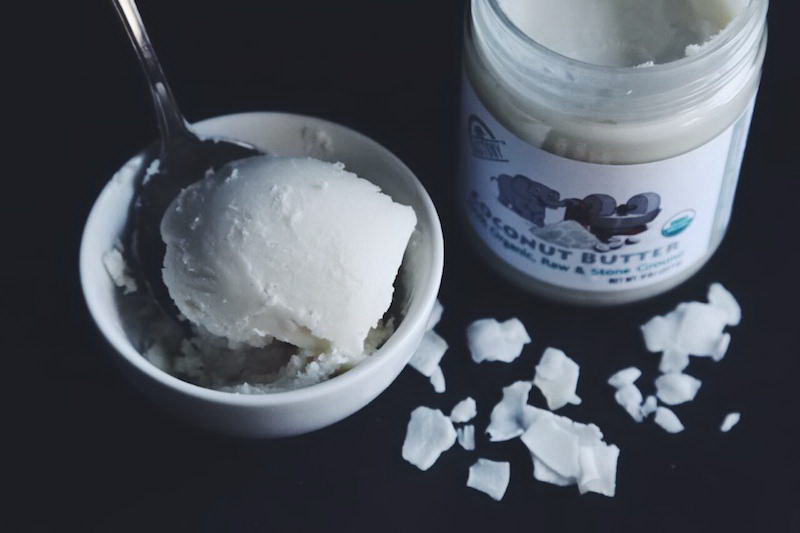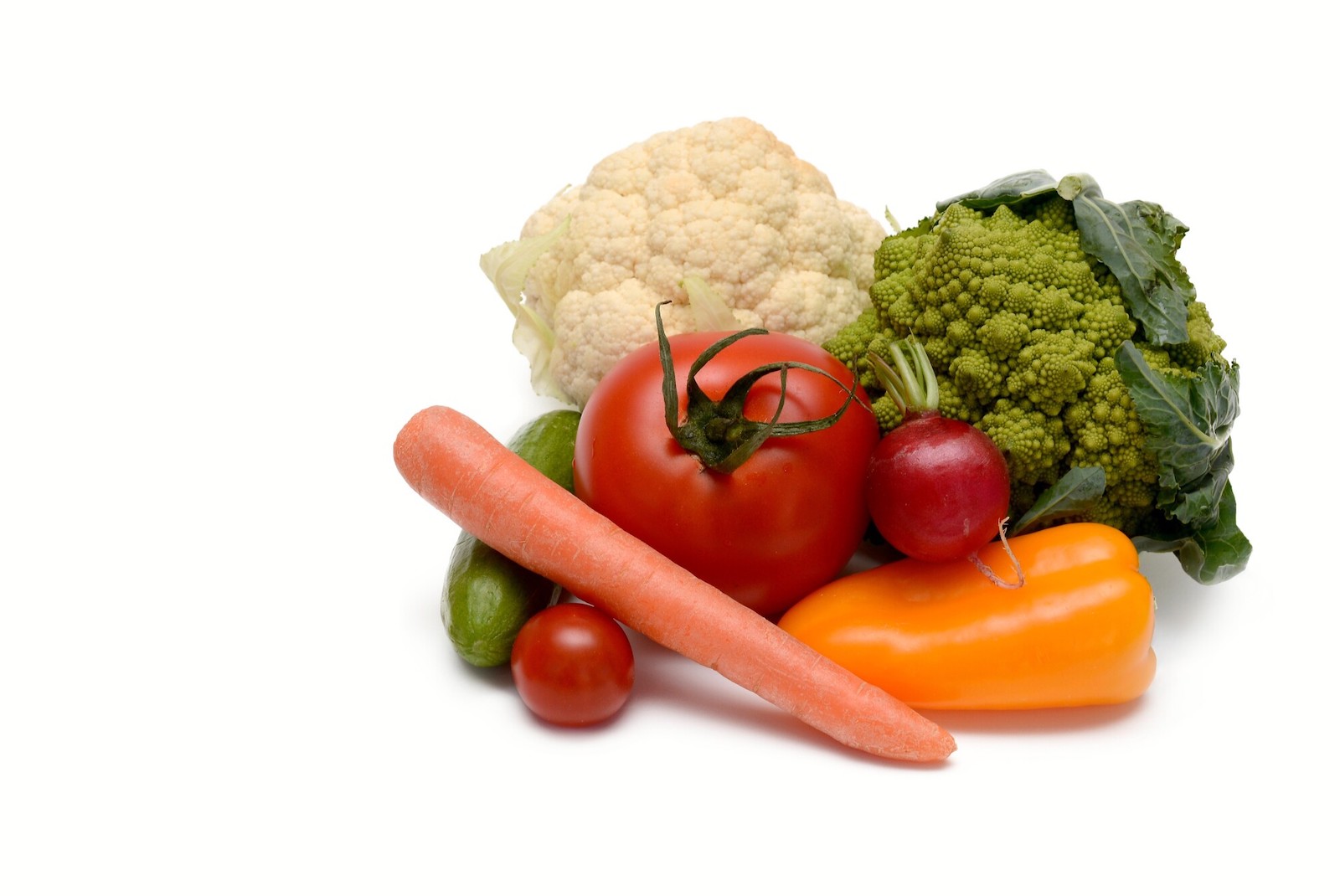Coconut Oil vs. Coconut Butter: Which is the Best?
- By Anna Speaks
- Sep 12, 2016
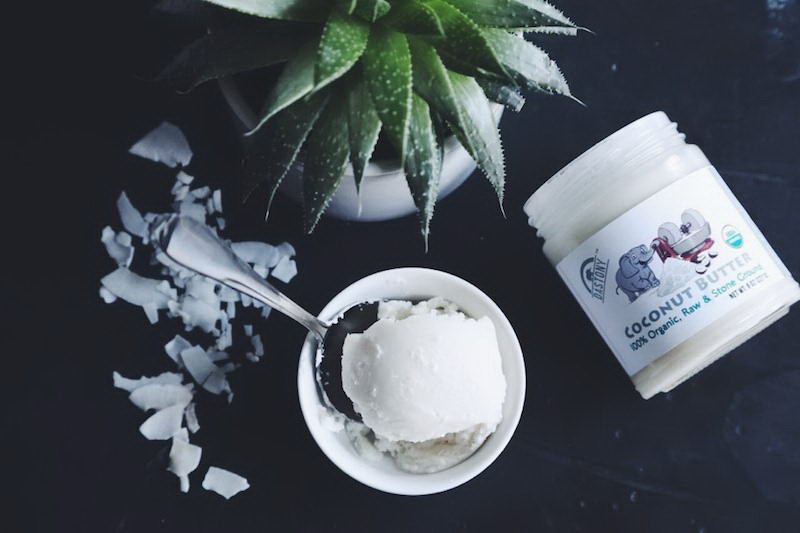
Coconut is having a true moment of glory right now. Once blacklisted as an unhealthy saturated fat that would instantly clog your arteries, the tables have luckily turned in favor of coconut as the following truth has spread: coconut fat is actually one of the healthiest fats for our bodies, it is easy for the body to process and burn as energy, actually boosts the metabolism, nourishes the skin and nerves, and actually helps prevent heart disease, not cause it.
As the popularity of coconut spreads, many coconut based products and uses for coconut have surfaced as a result. One of the two big contenders are coconut oil and coconut butter. This can get a bit confusing as coconut oil actually turns into a thicker, more butter-like substance if kept at cooler temperatures (it's not truly summer unless your coconut oil is liquid!). However, a true coconut butter is a completely different product. Today we're shedding some light on the differences and applications for both.
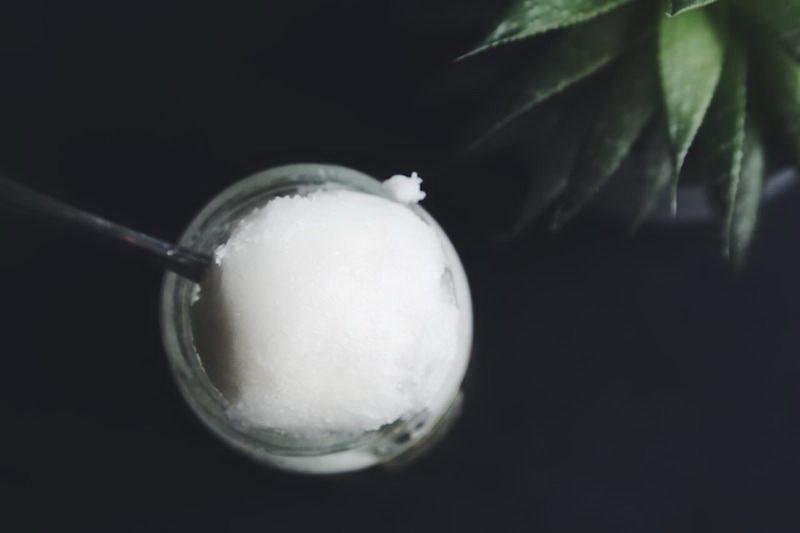
Coconut Oil
What is it?
Coconut oil is, simply stated, 100% coconut fat. It is made by pressing or extracting the oil directly from the coconut flesh; all fiber is removed. Coconut oil by nature is around 90% saturated fat, which means it solidifies at room temperature. Meaning if you live in a climate that's less than a perfect, summery 75-80 degrees year-round, your coconut "oil" is likely solid, or at least partially solid, much of the time.
Why is it Great?
Coconut oil is a very heat-stable fat. It is incredible for baking (think baked sweet potato fries!), stir frying, and cooking in general. We recommend using cold pressed, virgin coconut oil as it will be more nutrient-rich. It will flavor your food slightly with the taste of coconut, but in most cases, it actually complements the flavors of food nicely. Coconut oil is also incredible for body care and beauty! It can be used to moisturize the skin, hair and lips, can be used in replacement of shaving cream, and is a great eye makeup remover. It also has many benefits for oral care, including being a great ingredient for a homemade DIY toothpaste along with baking soda and some essential oils, and oil pulling.
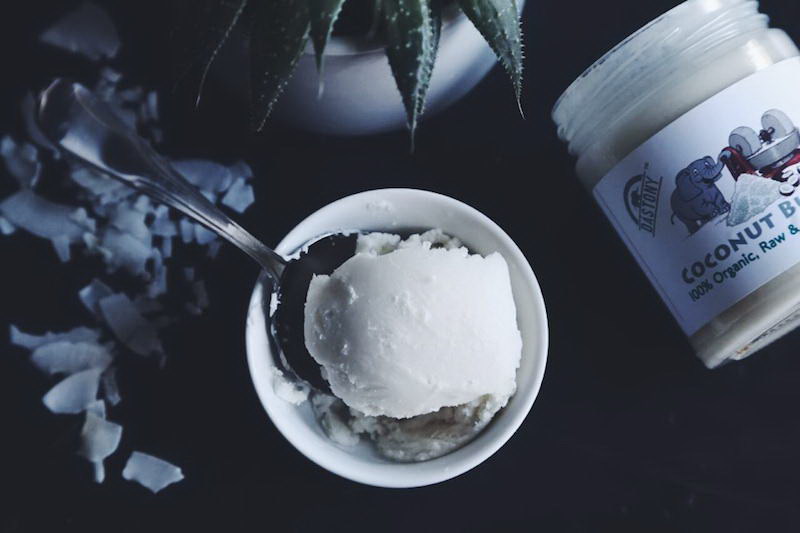
Coconut Butter
What is it?
Coconut butter is completely different from coconut oil in that it is ore of a nut butter than an oil. It is made by grinding whole coconut flakes into a rich butter. In our factory, we use a slow stone grinding process to turn gently dried coconut flakes into a luscious, silky, naturally sweet and fragrant coconut butter. We don't remove anything, so all of the healthy fats, along with the fiber and 100% of the nutrition, remains in the butter.
Why is it Great?
While coconut butter cannot be used for frying or sauteeing in the same was as the isolated oil, it is actually even more versatile (in our humble opinion...) than coconut oil. Coconut butter can be used in baking (think cookies, muffins, and brownies, oh my!), and in raw chocolate, raw fudge, or raw cheesecakes for that amazing rich, melt-in-the-mouth experience. One of our favorite uses for it is in recipes that call for canned coconut milk or cream. In many instances, like in sauces (think Thai curry sauce...) or soups (think coconut dhal...) it can be blended right into the recipe while it cooks, with a little extra water added to compensate for the liquid part of course. It can also be blended right into warm coffee or tea for an instant coconut milk latte. Life changing.
In Summary...
Both of these coconut products are completely wonderful and are absolute staples in a healthy pantry.
Be sure to check out our Dastony Stone Ground Coconut Butter if you would like to experience the best on the market!
